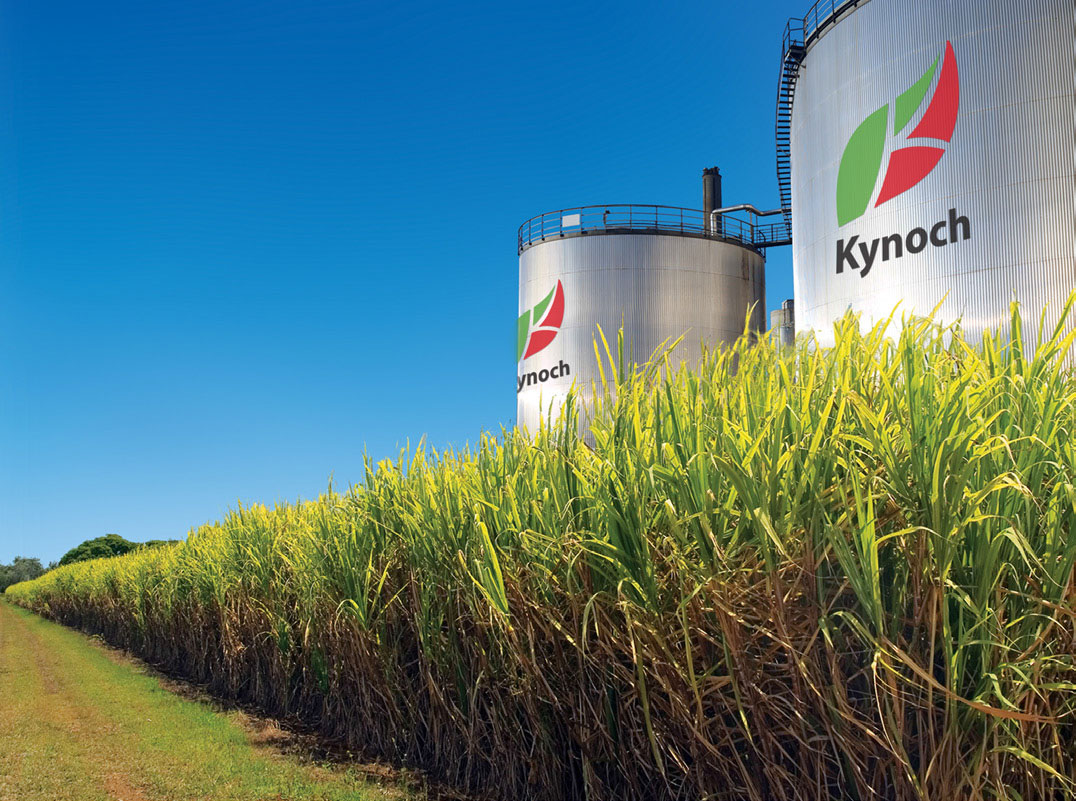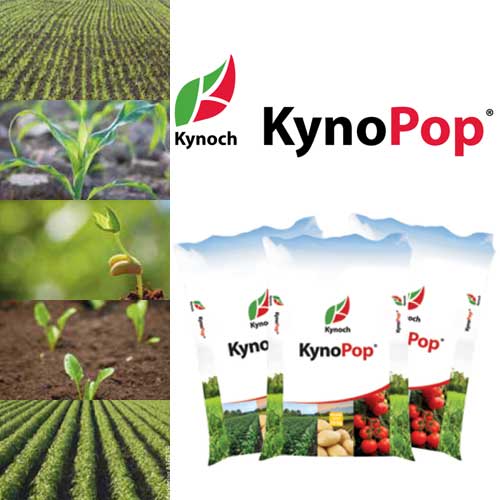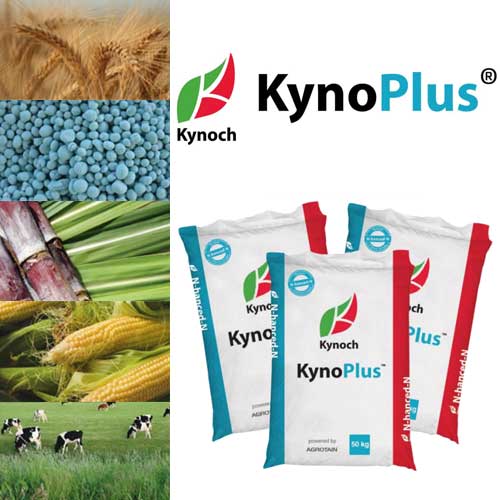
The Crucial Role of Organic Fertilizer Manufacturers in South Africa
06/01/2022Purpose Of Starter Fertilizer
28/07/2022How Does a Plant Fertilizer Improve Growth?
Flowers, vegetables and fruits depend on adequate supplies of the nutrients needed for healthy growth. Although their most basic requirements are carbon dioxide or oxygen present in the atmosphere and water from local rainfall, many additional substances obtained from the soil are equally vital for their wellbeing. In nature, as the essential nutrients present in the soil are consumed, they are returned when plants eventually die. However, when they’re harvested, this can’t happen. Nutrients become depleted, and farmers must add a suitable plant fertilizer to replace them.
Furthermore, not all soil is naturally fertile. Weather conditions and erosion can often leave large tracts of land unsuitable for growing most crops. However, a growing world population is driving the demand for food at an unprecedented rate. Consequently, farmers are constantly under pressure to find ways to utilise every available acre as effectively as possible. The first step of the expansion process must be to replenish any essential nutrients that may have been lost. This task is complicated by the differing needs between species that make selecting the right plant fertilizer crucial.
Essential Nutrients in a Plant Fertilizer
Fortunately, some requirements are common to all species. Sufficient quantities of nitrogen, phosphorus and potassium are the most fundamental needs. That said, the demand for any of these three elements and other nutrients can vary significantly at different stages during a plant’s lifecycle. Manufacturers frequently offer a range of products containing the proportions of each primary macronutrient appropriate for a given species and growth phase. This practice helps to simplify the selection process and ensure the grower will always utilise the best plant fertilizer for a given task.
The nutrients in these products can be natural or synthetic as long as they are in a form that plants can utilise. Nitrogen is necessary for the synthesis of chlorophyll and amino acids and also helps to regulate vegetative growth. Phosphorus is present in DNA and RNA, which hold the genetic information essential for cell differentiation during root formation and flowering. By contrast, the role of potassium is less specific and involves promoting various enzyme reactions necessary for a plant’s overall growth and health.
Other frequent components of plant fertilizers include the secondary macronutrients; calcium, magnesium and sulphur. Calcium is essential for cell wall formation and various enzymatic activities and helps plants resist the effects of pests and drought. Small amounts of sulphur are necessary for vitamin production. Finally, traces of boron, chlorine, copper, iron, manganese, molybdenum, nickel and zinc are essential micronutrients, each with a specific role.
Kynoch is an acknowledged world leader in the science of plant nutrition. Visit the products page to learn more about the role of plant fertilizers and Kynoch’s extensive range.





.png?v=1594369838025?v=1594369838026)